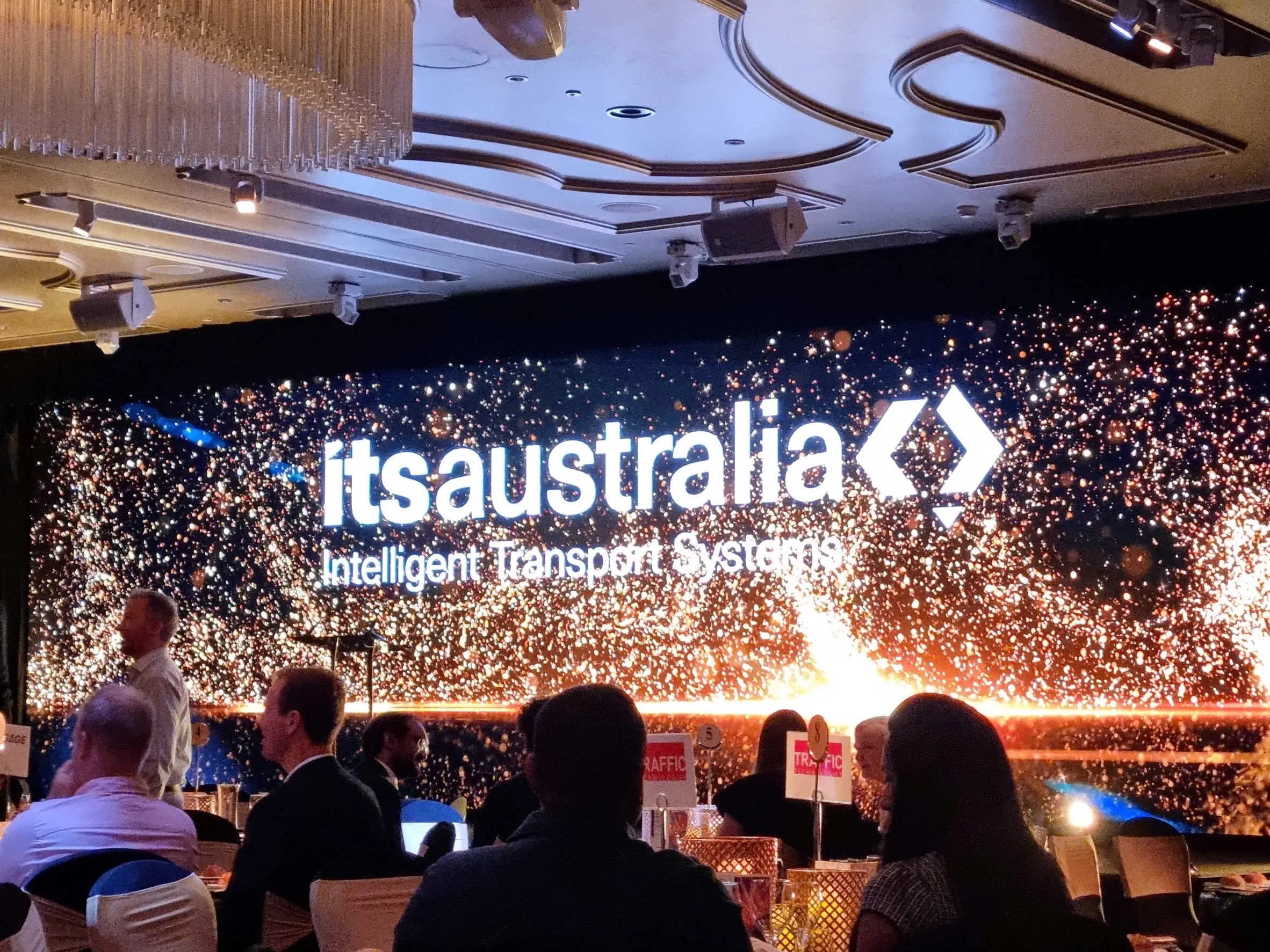Intertraffic Amsterdam is firmly rooted as the leading global business and government gathering on smart mobility, infrastructure, traffic management, road safety and parking. Join over 30,000 traffic technology and mobility professionals to learn, connect, and be inspired!
Intertraffic Amsterdam concluded an inspiring 2024 edition with a focus on smart, safe, and sustainable mobility for all. With a vastly extended summit programme and the largest show floor in history, it was the global meeting point for senior professionals and policy makers in the mobility sector.
10th March, 2026 - 13th March, 2026
Event Location
Amsterdam, Netherlands









